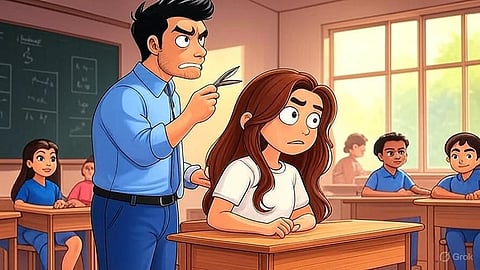Corporal punishment, defined as any physical force intended to cause pain or discomfort, remains one of the most common forms of violence against children worldwide, affecting an estimated 1.2 billion children annually. According to the World Health Organization, even mild forms of corporal punishment carry risks, as they can escalate over time and are associated with negative outcomes such as anxiety, depression, behavioral disorders, and reduced cognitive development.
The practice not only causes immediate physical and emotional harm but also normalizes violence, increasing the likelihood that children will exhibit aggressive behavior later in life. WHO emphasizes that corporal punishment violates children’s rights to dignity and protection from cruel treatment, urging countries to enact legal bans, promote positive discipline strategies, and shift social norms toward non-violent caregiving and education. 1


